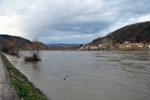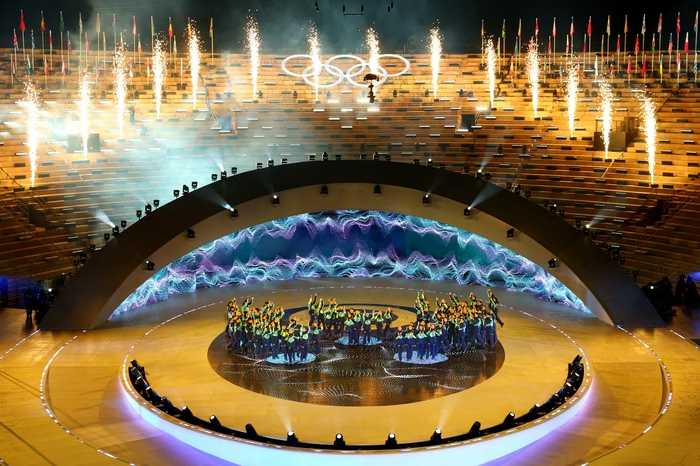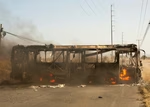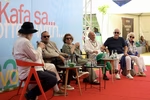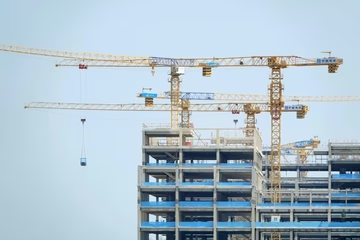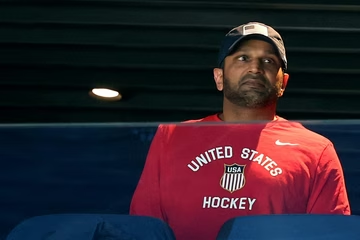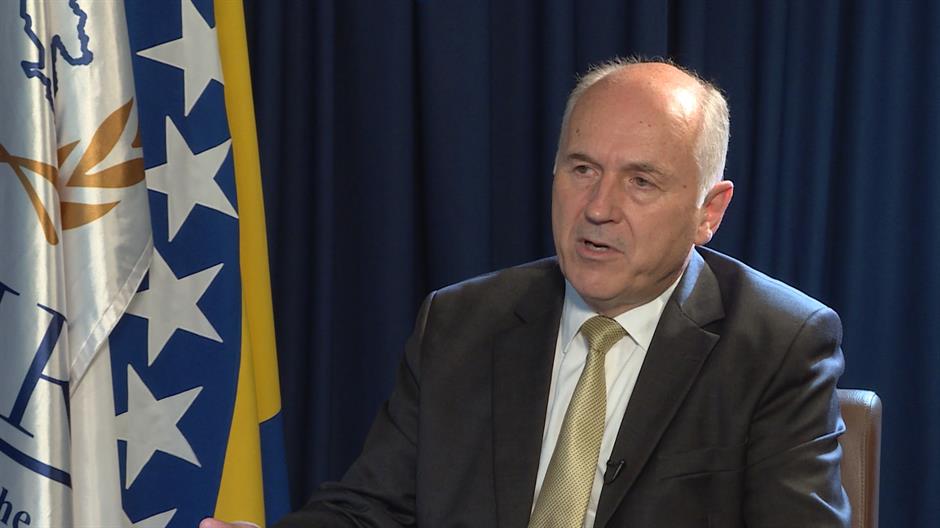
Citizens should be concerned over situation in the country and express that concern in the upcoming general election this October, said High Representative in Bosnia and Herzegovina Valentin Inzko in an interview for N1.
“I am fine but citizens should be concerned and express that concern in October. They hold a pen in their hands and can transform their concern into good (election) results,” he added.
Inzko, who is an Austrian diplomat with extensive professional experience in the region, took the office in March 2009. The mandate of the High Representative and the Office of the High Representative include overseeing of the civilian implementation of the Dayton Agreement, the document which ended the 1992-95 Bosnian armed conflict.
For 11 years the High Representative had “very strong presence” in Bosnia, but then the international community changed its philosophy, expecting the local authorities to take more and more responsibility, said Inzko. “We are disappointed that they didn't take full responsibility,” he added.
Commenting the recent procurement of weapon for the Police of the Republika Srpska (RS), one of Bosnia's semi-autonomous, Serb-dominated entity, Inzko noted that the weapon was purchased in a legal and transparent manner but that the quantity of weapon raised his concern.
“Long barrels are used by armies not police”, he stressed, adding that this country needed less not more of armament.
Asked to comment ongoing talks on electoral reform in Bosnia and “a temporary solution” that participants of the talks on this matter mentioned in media, the foreign diplomat said he was not familiar with what exactly that solution entailed but that he understood it was a solution it would be used for this year's election.
The Venice Commission experts have arrived in Bosnia again this month to help Bosnian authorities and political leaders to find a solution to disputable law provisions and the way in which the Constitutional Court’s decision treating this matter would be implemented. After the May talks yielded no specific results, the talks have resumed this week again.
Inzko emphasized that the Constitutional Court's decisions had to be respected, as they are mandatory. Also, he added it was necessary to obey the principles of the Dayton Agreement, which stipulate the equal representation of constituent peoples from each canton in the House of Peoples.
The Constitutional Court of Bosnia and Herzegovina ruled two years ago that the provisions of the Election Law treating the election of the Federation's House of Peoples members were inconsistent with the state Constitution, setting the timeframe for the competent institutions to act and apply the necessary changes. Until today, political leaders have not reached an agreement on how would the court’s decision be implemented and the Election Law amended.
Among other issues, the High Representative also touched upon the issue of the Criminal Procedure Law, whose certain provisions were found unconstitutional by the Constitutional Court of Bosnia and Herzegovina.
The court declared some of the Law’s articles addressing the process of granting immunity from legal prosecution, physical search and special investigative procedures as unconstitutional in 2016, and gave lawmakers six months to adopt adequate changes, which they have not done yet.
In Inzko's opinion, one of the two recently proposed versions of the law changes – the one of the Party of Democratic Action (SDA) met European standards. On the other hand, he added, the one proposed by the Croat Democratic Union (HDZ) was not.
According to him, SDA's proposal enables judicial institutions to do their job, contrary to HDZ's proposal. HDZ should prove it was Europe-oriented by producing good law proposals and not working against them.
At the end of the interview, the High Representative briefly commented on the length of his term in office. “I'd like to go home as soon as possible. Maybe a year or two more, but it is all in hands of the international community,” said Inzko.
"That's my wish too, but I want it to be after one successful mission in Bosnia and Herzegovina, which is consolidated and has a bright future lying ahead of it,” he concluded.
Kakvo je tvoje mišljenje o ovome?
Učestvuj u diskusiji ili pročitaj komentare





 Srbija
Srbija
 Hrvatska
Hrvatska
 Slovenija
Slovenija












